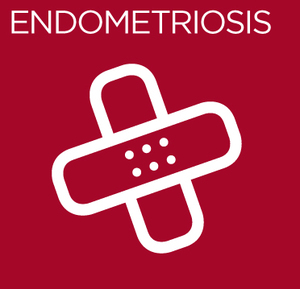Medical treatments for Endometriosis
For rational treatment of endometriosis, the major triggers to the development of endometriosis need to be addressed. These are:
• A genetic effect of growing more vital hypervascular endometrium; and
• An inherent ability to develop an inflammatory over-reaction to the abnormal endometrial stimulus.
This means that the treatment of endometriosis needs to:
• Restrict the ability of the endometrium to grow; and
• Ensure the immune system is not stressed.
Unfortunately, our understanding of the immune system and the inflammatory over-reaction is more primitive even than our understanding of endometrial growth. This makes it very difficult to treat in a rational way the cause of endometriosis in women who have infertility or pain.
As endometriosis is usually diagnosed at laparoscopy, it is often convenient to destroy or remove the inflamed tissue growths or scars at the time, especially if it provides relief from pain; surgical treatment may also assist fertility. However, other ‘seeds’ of ectopic endometrium may grow subsequently, so any benefits of surgery may be short-lived. Fortunately, some women’s bodies heal themselves of endometriosis, although the reason why this occurs only in some women is as uncertain as the initial development of the disease. Medical treatments such as progestogens, which block follicle development and thereby inhibit growth of the endometrium (including ectopic endometrium), are reasonably effective in controlling pain and reducing cyst formation.
However, medical treatments also block the body’s ability to conceive, so women who wish to conceive only use them to settle inflammation prior to specific fertility treatments.

